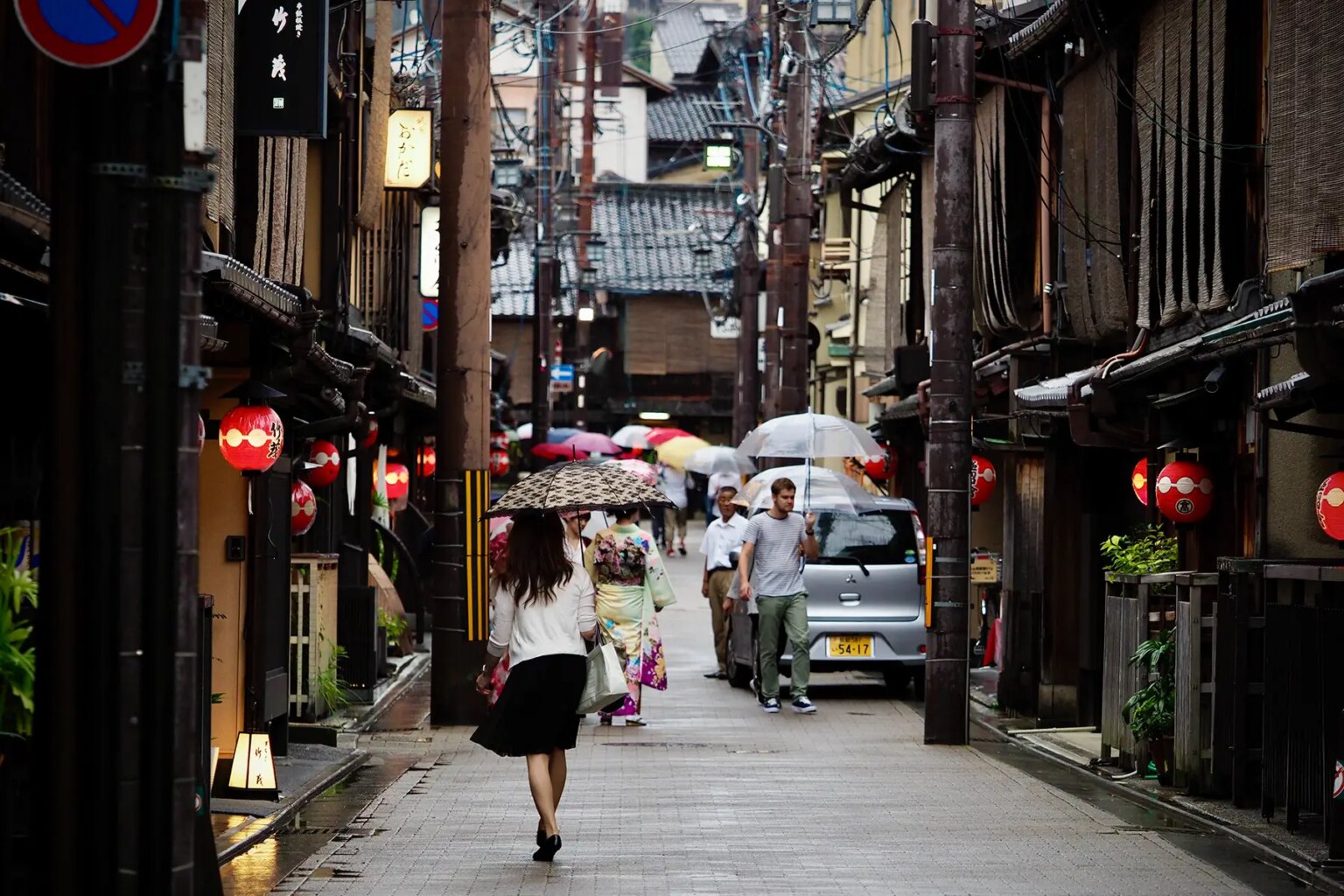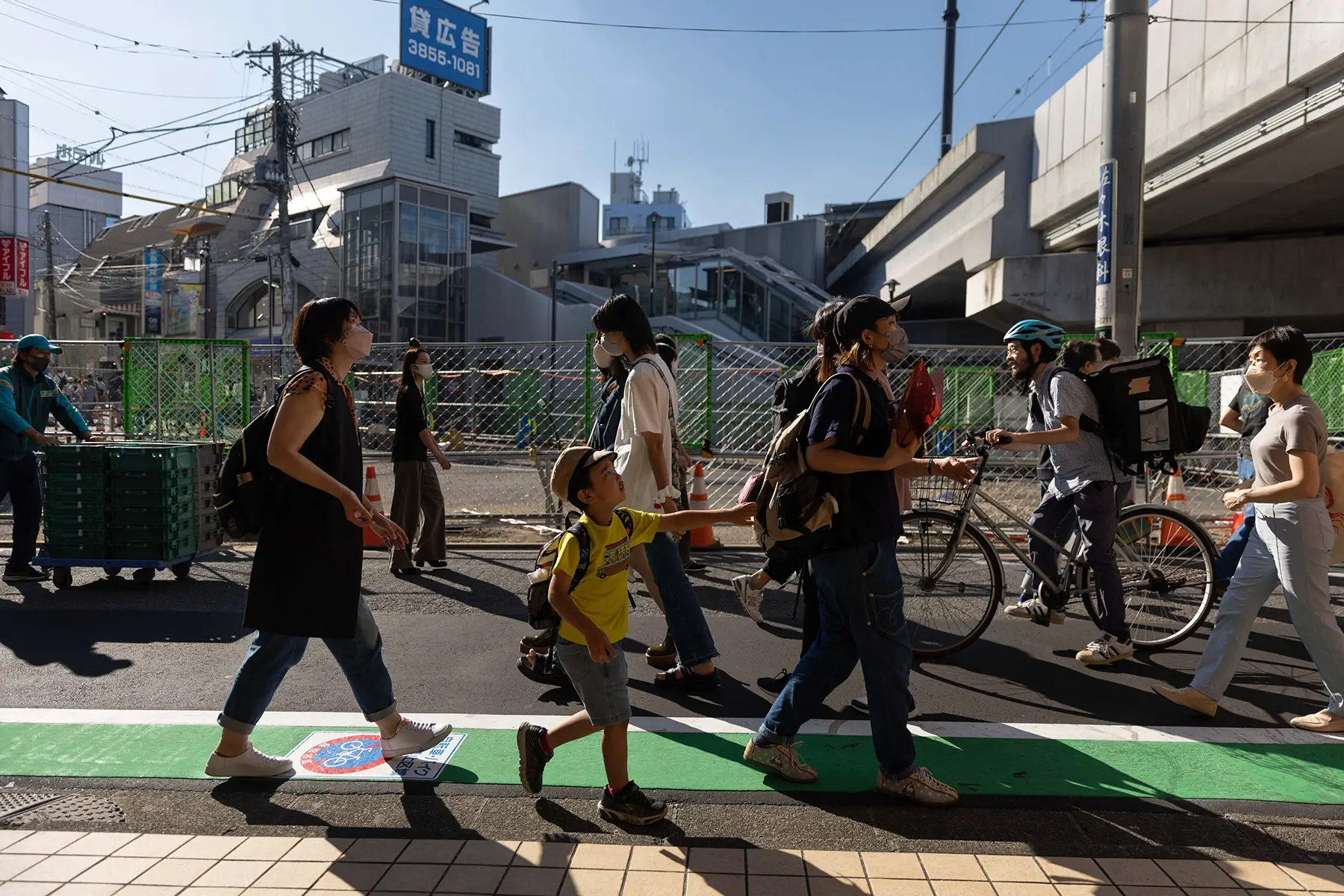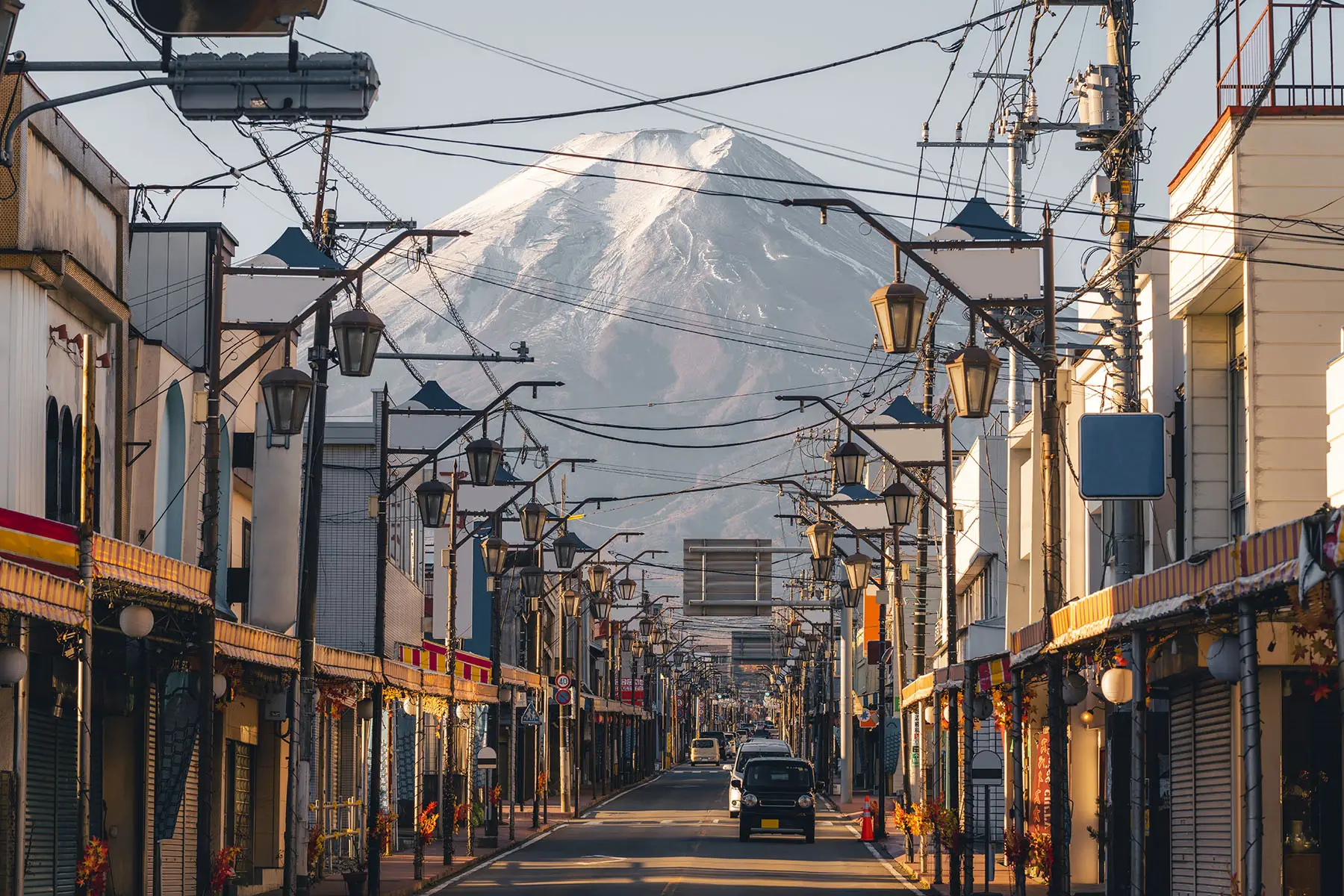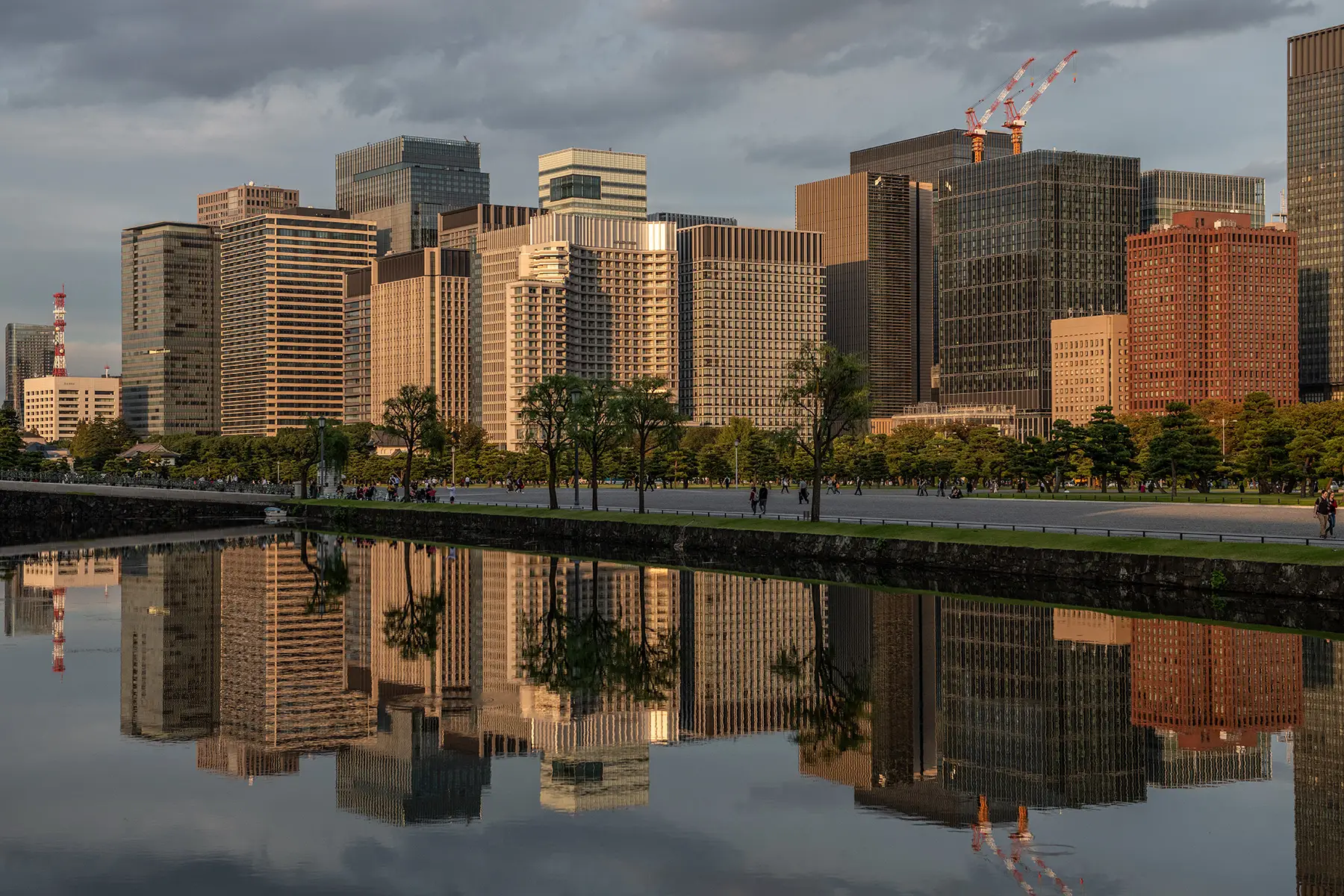If you move to Japan, there will be a lot that you need to sort out in those first few weeks. One of them is insurance (保険). For example, if you own a car or property, you want to know you’re protected against costs if something unexpected happens. Read on to learn what insurance is available in Japan and which you legally need.
We explain everything you need to know about insurance in Japan, with sections on:
Overview of insurance in Japan
Japan‘s highly developed insurance industry has evolved to protect against some of the specific risks of living there. Around ¥9.67 trillion (PDF) of insurance premiums were written in Japan in 2021, the fourth largest amount globally after the US, China, and Germany.
There are 55 insurance companies in Japan (2021), including 22 foreign companies. Insurance providers in Japan sell a range of different types of policies for your vehicle, property, life, and more.
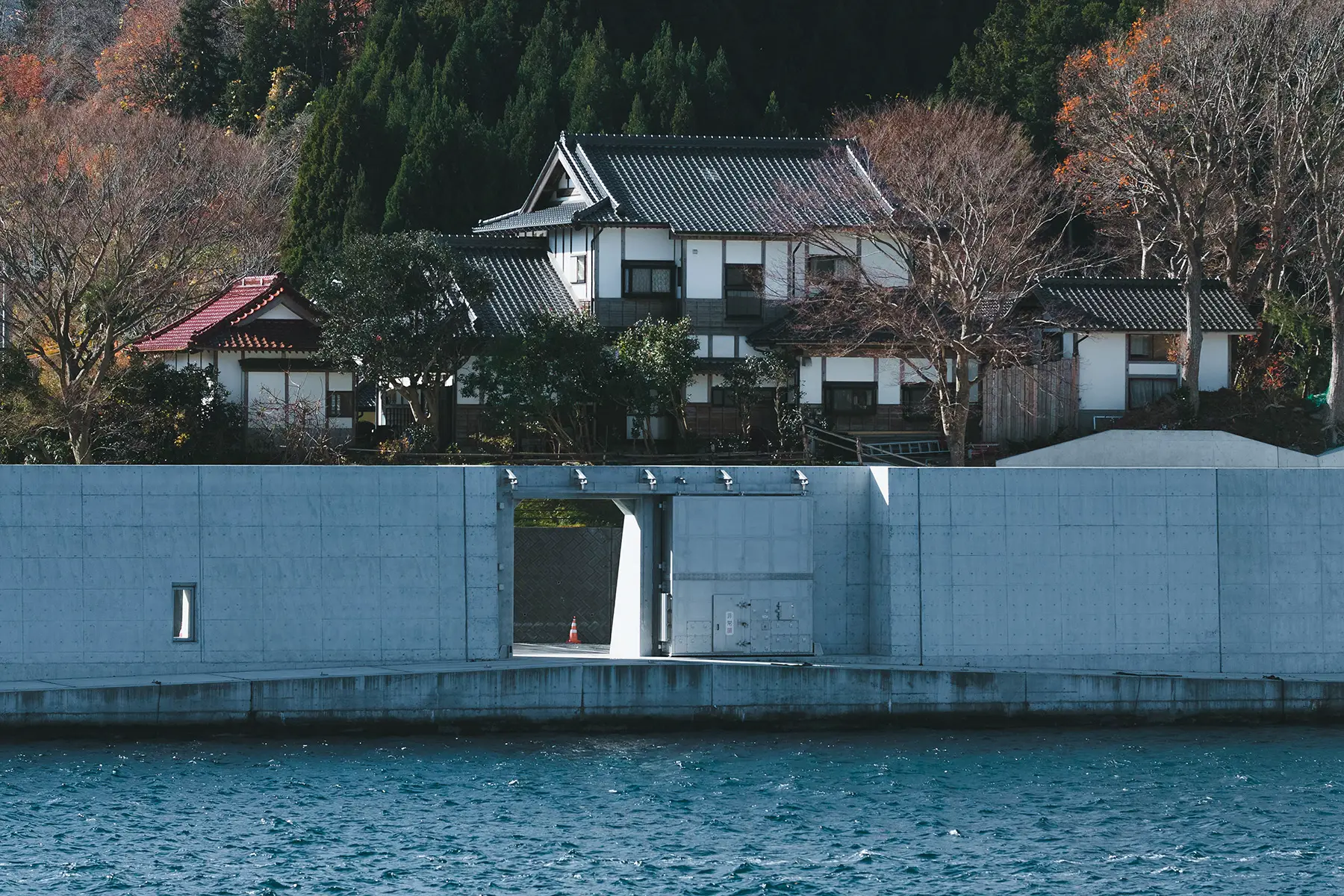
The Financial Services Agency (金融庁 – FSA) is the regulatory body for insurance companies in Japan. You can find a list of licensed companies on the FSA website. The General Insurance Association of Japan (日本損害保険協会, SONPO/GIAJ) is the national trade association representing licensed companies. They also produce an annual fact book on the Japanese insurance industry.
Which insurance in Japan is legally required?
Health insurance
Health insurance (健康保険,) is compulsory in Japan. All long-term residents living in Japan for more than three months must sign up for the statutory healthcare scheme. This is employment-based health insurance (EHI – 被用者保険) for all full-time employees and either national health insurance (NHI – 国民健康保険) or elderly health insurance (後期高齢者医療制度) for everyone else. Visitors in Japan for less than three months need to take out private health insurance.
Statutory health insurance covers at least 70% of public healthcare costs in Japan. Residents can choose to purchase private health insurance to cover the remaining fees and access additional treatments. 98.3% of Japanese residents have public health insurance, with around 70% topping up with a private policy.
Car insurance
Car insurance (自動車保険) is one of the most popular insurance types in Japan, with over 75% of the adult population having some sort of coverage. There are generally two main types: compulsory liability insurance (自動車損害賠償責任保険) and voluntary insurance (任意保険).
Liability insurance has been a requirement for all drivers since 1955. This insures against accidents to third parties and damage to their vehicles. The limits to payouts on these policies are generally up to ¥1.2 million for injuries and up to ¥40 million for full-time nursing care in the event of serious accidents.
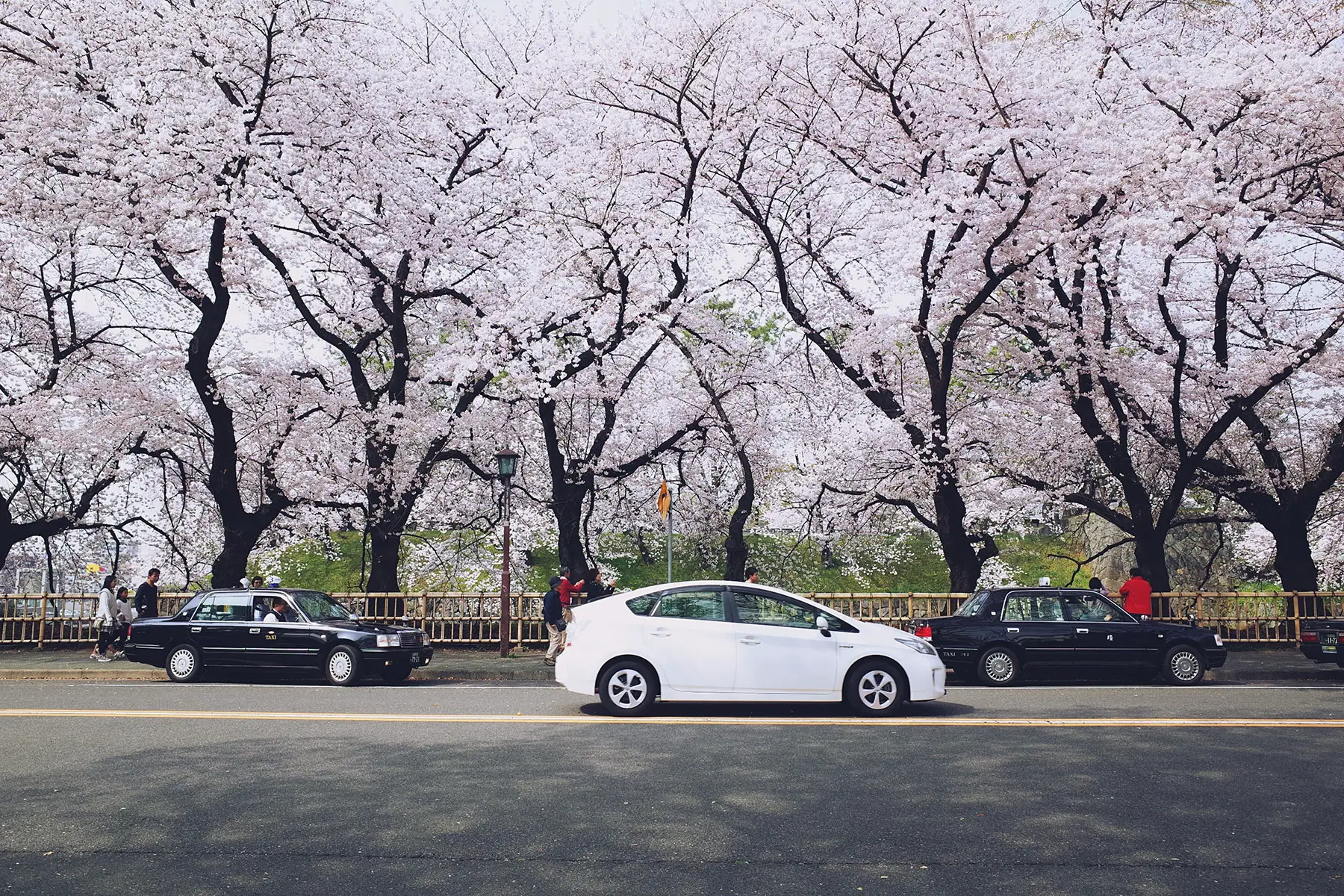
Voluntary insurance covers other costs. Most companies sell different types of voluntary vehicle insurance as individual policies and fully comprehensive packages that cover pretty much everything. Individual types of voluntary car insurance in Japan can include:
- Bodily injury liability insurance (対人賠償責任保険) – covers excess costs that exceed mandatory policy limits
- Personal injury insurance (人身傷害保険) – covers injury costs to the policyholder
- Passenger accident insurance (搭乗者傷害保険) – covers injury costs for passengers in the policyholder’s vehicle
- Own vehicle insurance (車両保険) – covers damage to or theft of your vehicle
You can purchase vehicle insurance for a wide range of vehicles, such as cars, trucks, and motorcycles. Many insurance companies also sell bicycle insurance (自転車保険).
Vehicle insurance costs in Japan depend on a wide range of factors, such as vehicle type and value, driver profile, age, claims history, and level of coverage. Expect to pay anywhere from ¥6,000–100,000 a year. The General Insurance Rating Organization of Japan (損害保険料率算出機構 – GIROJ) has information on calculations of premiums (in Japanese).
Unemployment insurance
Unemployment insurance (失業保険) is a compulsory form of social security in Japan for all employees working more than 20 hours per week. It is run by the Ministry of Health, Labor, and Welfare (MHLW – 厚生労働省) and consists of two elements:
- Employment insurance (雇用保険) – covers unemployment due to standard causes, such as dismissal, redundancy, or completion of the contract
- Workers’ accident compensation insurance (労働者災害補償保険) – covers unemployment due to work-based accidents or illnesses
Part-time workers, self-employed workers, and freelancers are covered by unemployment insurance through their NHI.
Insurance payouts vary depending on factors such as contributions made but are generally 50–80% of the worker’s average salary. Premium rates were reduced to 0.8% (PDF) of pay in 2016. Employed workers must have made at least six months of contributions to claim.
Optional forms of Japanese insurance
Property insurance
Property insurance (火災保険) in Japan isn’t compulsory. However, the country’s higher-than-average rate of natural disasters means it’s wise to insure your property and belongings against risks. Furthermore, many mortgage lenders in Japan require home insurance when you buy property.
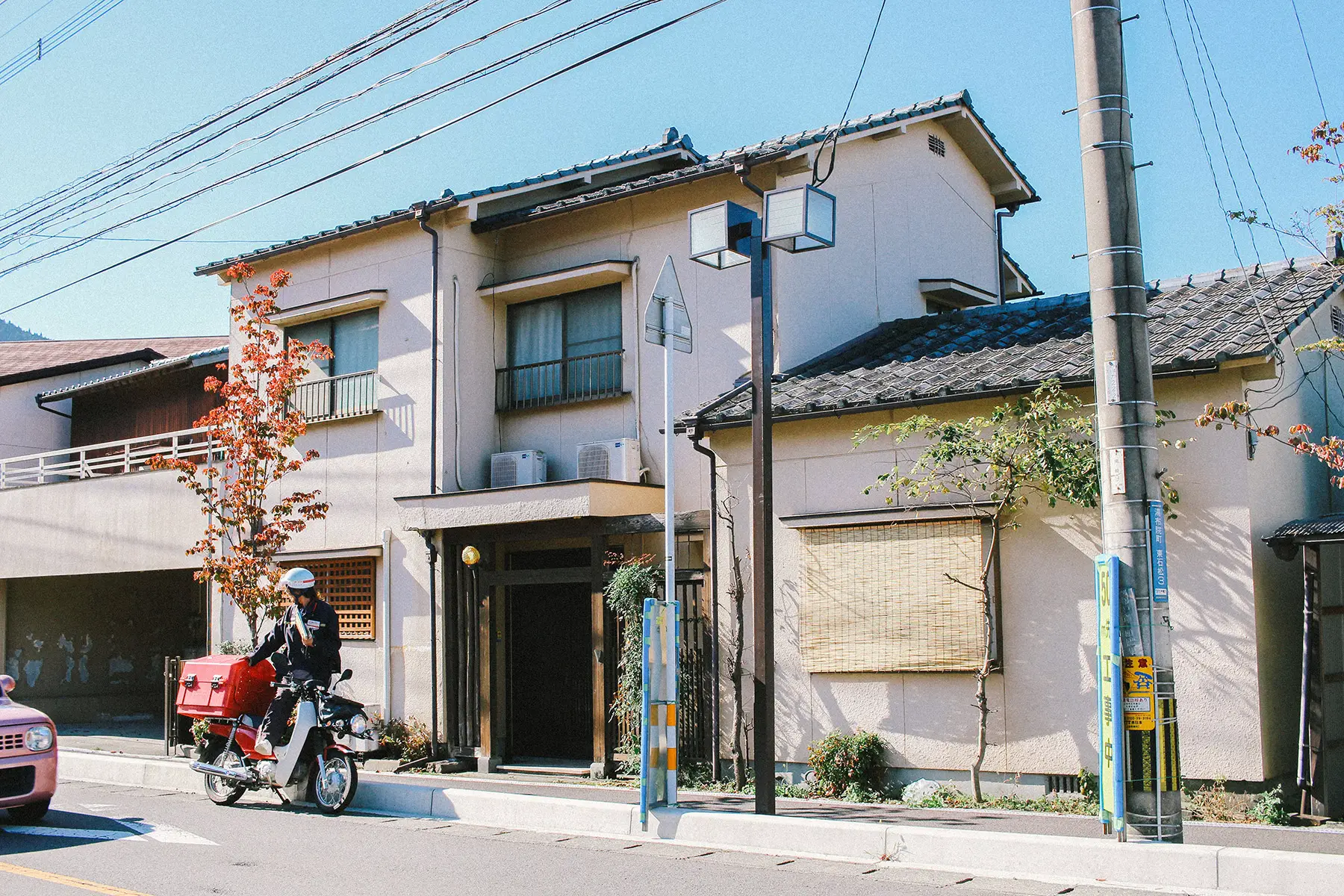
Property insurance in Japan is typically called fire insurance. This typically covers damage to your property caused by things such as:
- Fire
- Storm damage, including damage caused by typhoons
- Water damage due to floods or water leakage
- Damage due to burglary or break-in
- Damage caused by riots or terror attacks
You can usually choose whether to add movable contents to an insurance property or to insure the building alone. Many companies also sell contents insurance separately, which is ideal for renting accommodation. Contents insurance covers the risk of theft during a break-in.
If you want to protect against damage caused by an earthquake in Japan, you will need earthquake insurance (地震保険). You cannot buy this separately from fire insurance but can add it to your policy. Earthquake insurance also includes coverage against tsunamis and volcanic eruptions. This insurance is slightly different in Japan, as the government part-covers any payout costs and provides a guarantee if companies cannot pay. Most Japanese homeowners take out earthquake insurance, and there were ¥1.2 trillion (PDF) in claims payouts following the 2011 Tohoku earthquake (東日本大震災).
Liability insurance may be included on your policy, but you can also add it on. This covers accidents in your home or damage to property if you are renting. Other common policy exclusions that you may need to add on include antique valuables and glass.
Premiums depend on factors relating to property, contents, region, and policy holder profile. Fire insurance costs are about ¥10,000–20,000 a year. Contents insurance can be as little as around ¥2,500 a year separately. According to the Ministry of Finance, annual earthquake insurance premiums range from ¥7,300–27,500 across the prefectures.
Life insurance
Life insurance (生命保険) accounted for 78% of the overall Japanese insurance market in 2016. Most companies that provide life insurance in Japan belong to the Life Insurance Association of Japan (生命保険協会 – LIAJ), which produces an annual fact book on the sector. There were 42 (PDF) LIAJ member organizations in 2022.
Life insurance typically covers costs burdened by survivors in the event of someone’s death (死亡, shibo). These might include accommodation costs, mortgage payments, education costs for children, living costs, and outstanding debt payments. You can also buy term life insurance to cover short-term costs in the event of an unexpected accident or event, as well as specific forms of life insurance relating to illnesses such as cancer or dementia.
Life insurance premiums in Japan depend on factors such as policy type, the extent of coverage, and personal risk factors such as age, health, and lifestyle. Premiums start at around ¥900 a month.
Accident insurance
You can take out personal accident insurance (障害保険) policies in Japan, which will cover you in the event of suffering an injury. There were ¥876.8 billion of accident insurance premiums written in Japan in 2021, making it the third biggest non-life product after vehicle and property coverage.
Accident insurance policies can vary greatly between different insurers. They typically relate to non-work accidents and cover medical and other short-term costs. Some may also cover additional charges such as short-term care or wages if you cannot work. Meanwhile, some policies may relate to specific accidents or injuries like those occurring during travel or sport. Check the policy closely before buying to make sure it covers your needs. Some elements may be covered by health insurance, workers’ compensation, travel insurance, or vehicle insurance.
Premium prices vary depending on the type of insurance, level of coverage, and risk profile of policyholder.
Pet insurance
Pets are popular in Japan, but they can also be expensive. Many companies offer pet insurance to offset the costs associated with furry (or scaly) friends. There were around ¥86.7 billion in pet insurance (ペット保険) premiums in Japan in 2021.

Policies vary from those covering individual pets, for example, a dog (犬) or cat (猫), to comprehensive packages. Typically they will cover costs such as vet fees, treatment, and microchipping.
Some policies may also offer liability insurance to cover you if your pet bites or injures a third party.
Travel insurance
Japanese insurance companies offer different types of travel insurance (旅行保険). These typically include:
- Overseas travel
- Domestic travel
- Work or study trips abroad
- Overseas residence

These can cover emergency medical fees, trip cancelations, lost luggage, and repatriation or emergency accommodation costs. There are varying levels of policy available depending on what you want to cover. Most policies cover the costs of medical emergencies. However, you must have an extended private health insurance plan to cover any health costs unrelated to an emergency.
Commercial insurance in Japan
Many insurance companies in Japan offer corporate coverage to businesses as well as personal policies to individuals. If you run a business that employs full-time workers, you will need to provide health insurance, unemployment insurance, and work accident compensation as a minimum. Other business owners and freelance professionals may also want to consider:
- Public liability insurance (施設賠償責任保険) – compulsory for most businesses open to the general public, this insurance covers risks associated with injury or illnesses caused to third parties, damage to property, financial loss, or other costs brought about by negligence.
- Professional liability insurance – also known as professional indemnity insurance, this is useful for certain businesses and freelance professionals, and covers costs caused by professional mistakes that may result in a financial loss to others.
- Legal insurance – covers your legal costs should any claims against you go to court.
- Commercial property insurance – largely the same as personal property insurance but relates to commercial premises and equipment.
- Cyber insurance (サイバー保険) – covers modern risks such as data loss, cyber-attacks, and business interruption caused by IT failure.
- Business travel insurance – covers costs associated with business trips, either domestic or overseas.
Companies dealing in business insurance in Japan typically sell a range of individual products, including those mentioned above, insurances relating to specific industries (e.g., aviation insurance), and comprehensive packages that combine different products. Read more on business insurance in Japan on the SME Japan website.
How to choose a Japanese insurance company
When choosing insurance in Japan, it’s wise to shop around and consider a number of factors beyond which broker offers the cheapest plan. You may also want to think about:
- Policy inclusions and exclusions – check this carefully to see that the policy covers everything you need and a minimum of extras you don’t need.
- Is there a deductible? If so, how much? – the deductible, or excess, is the amount you must pay upfront towards costs in case of a claim. Companies sometimes offer lower premiums in exchange for a higher deductible.
- Company feedback – look at ratings websites for scores and customer comments to get an idea of the standard of service.
- Ease of process – can you sign up, submit a claim, or cancel your policy online?
- Other benefits – companies sometimes offer additional discounts on other products or partner with other brands to offer incentives, for example, discounts with cinema or restaurant chains.
- English-language services – this may be important if you don’t speak or understand Japanese very well; fortunately, there are a number of expat-friendly insurers in Japan.
- Ethics and sustainability – how does the company score on sites such as CSRHub or Corporate Knights?
Always make sure that the company you choose is signed up to the FSA. This means that they are fully regulated, and it will be easier to resolve any problems should they arise.
Tools for comparing insurance in Japan
There are a few different comparison websites in Japan where you can compare quotes for different types of insurance. These include (in Japanese):
How to complain in Japan about an insurance company
If you need to complain about an insurance company in Japan, you should first contact the company itself. They usually have a complaints procedure and a customer service team. Insurers should provide details on their website and in information material when you take out a policy.
If you are unhappy with the outcome of the process, or if the company doesn’t respond, you can take it to the alternative dispute resolution (ADR) service. Each insurer in Japan is now required by law to sign up with an ADR service and provide customers with details. The main ones include:
- Insurance Ombudsman
- GIAJ
- LIAJ
- Short-term Insurance Association of Japan (in Japanese)
As a last resort, if you are still unhappy after this process, you can take the matter to a Japanese court. Bear in mind, however, that this can be costly and time-consuming.
Useful resources
- Financial Services Agency – regulatory authority for insurance companies in Japan
- General Insurance Association of Japan (GIAJ) – the largest membership organization for insurance companies in Japan
- Life Insurance Association of Japan (LIAJ) – a membership organization for life insurance companies in Japan
